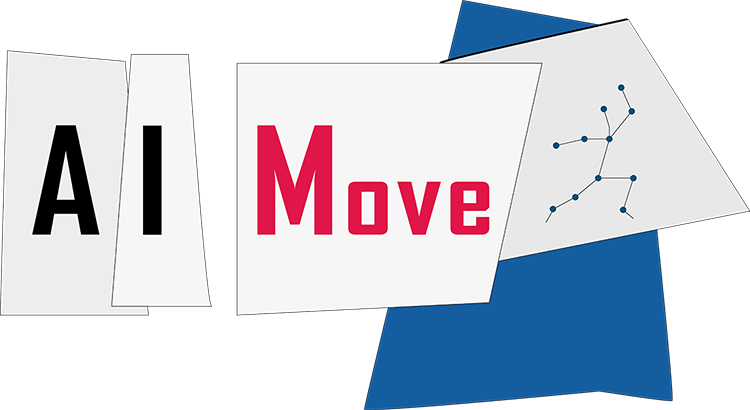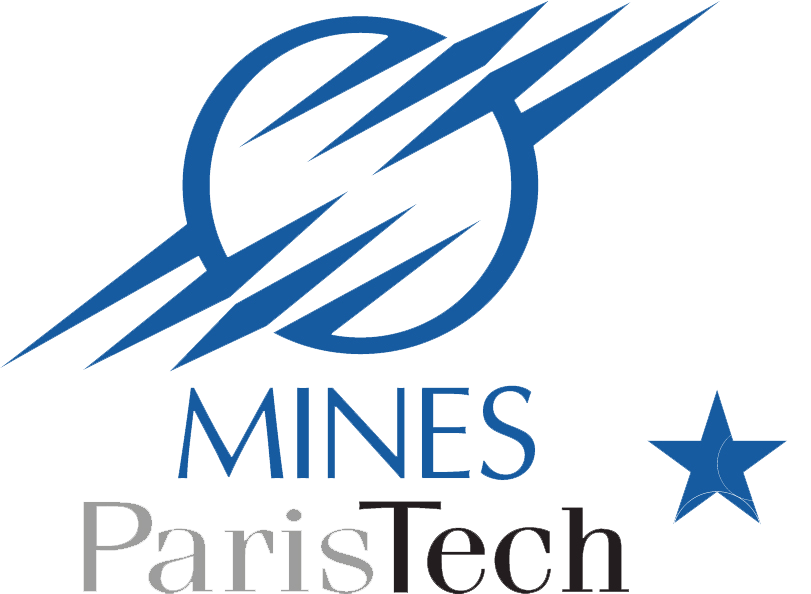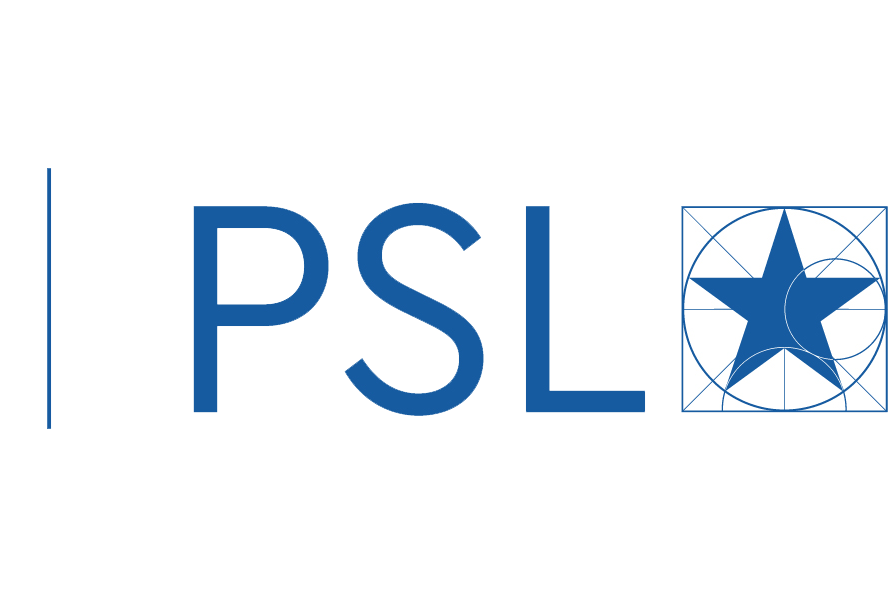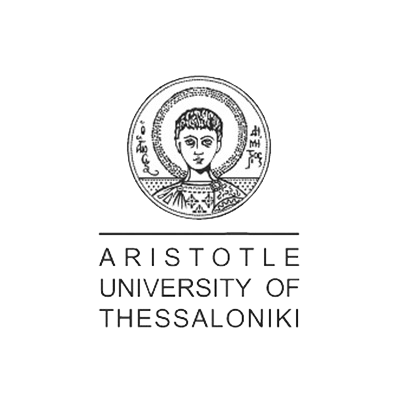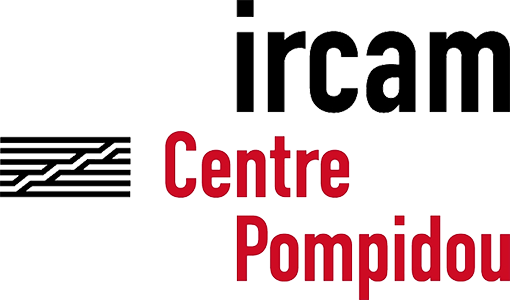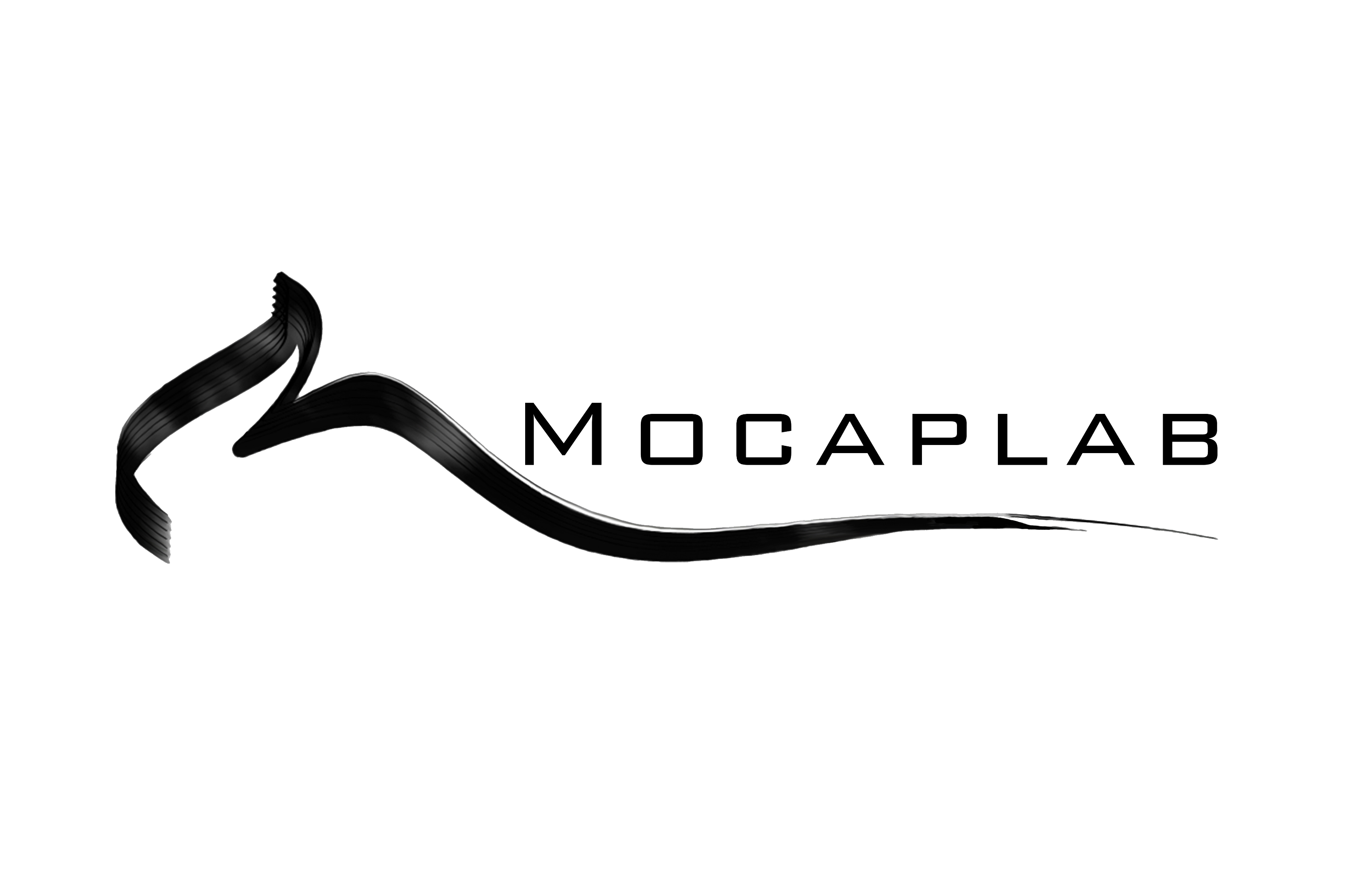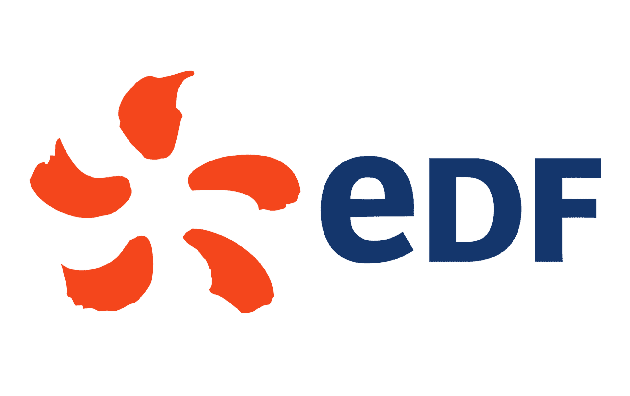Academic faculty members
Frédéric Bevilacqua
AIMove’s Academic Director for IRCAM
Remi Brun
MocapLab
Alina Glushkova
MINES ParisTech
Baptiste Caramiaux
CNRS-LIMSI
Raoul De Charette
INRIA
Kosmas Dimitropoulos
AIMove’s Academic Director for CERTH
Vasileios Syrris
Big Data Analyst European Commission
Sylvain Calinon
AIMove’s Academic Director for IDIAP
Frédéric Fol Leymarie
AIMove’s Academic Director for Goldsmiths, University of London
Vasileios Charisis
Computer Engineer, Aristotle University of Thessaloniki (AUTh)
Jean François Jego
Paris8
Fabien Moutarde
MINES ParisTech
Sotiris Manitsaris
MINES ParisTech
Mihalis Kritikos
Legal–Ethical/Policy Analyst Εuropean Parliament
Frédéric Bevilacqua
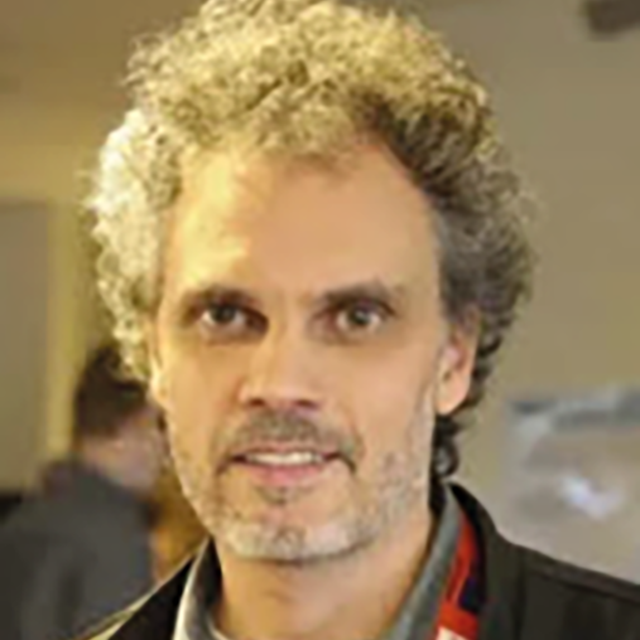
Mr. Frédéric Bevilacqua is Director of Research at UMRS9912 STMS Ircam-CNRS-Sorbonne Université. He holds an HDR from Pierre et Marie Curie Université, and is a member of the steering committee of the MOCO (Movement & Computing) conference. His research interests are movement-based interactive systems and the relationship between movement and sound.
Rémi Brun
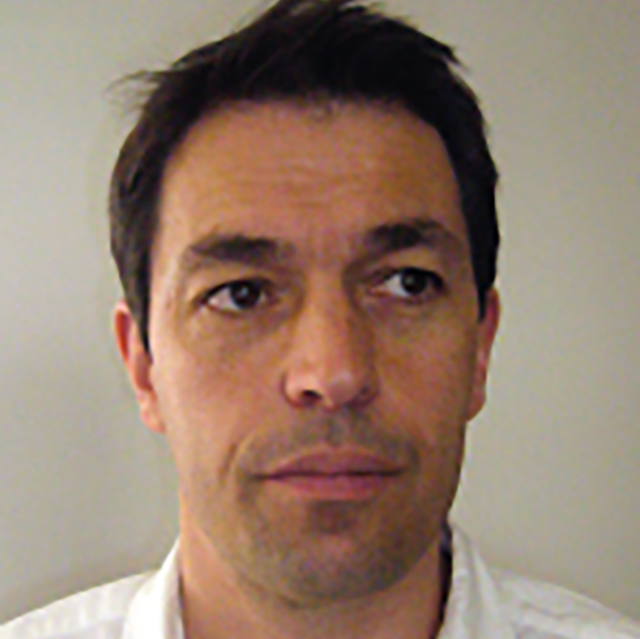
Rémi Brun is one of the pioneers of motion capture. Engineer in Arts and Métiers, PhD in Biomechanics, after a few years in the research he became in 1993 one of the 3 partners of Actisystem, the first movement capture service company in Europe, for research, industry, video games , TV and cinema. After a stint in special effects in London, he moved to Attitude Studio’s Mocap department in 2000 before creating his own Mocap studio in 2007, MocapLab, which in 10 years became one of the most innovative Mocap studios in Europe.
Sylvain Calinon
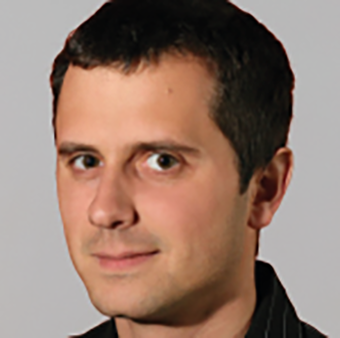
Dr Sylvain Calinon is a permanent senior researcher at the Idiap Research Institute , with research interests covering robot learning and human-robot interaction. He is also a lecturer at the Ecole Polytechnique Federale de Lausanne (EPFL), and an external collaborator at the Department of Ad-vanced Robotics (ADVR), Italian Institute of Technology (IIT). From 2009 to 2014, he was a Team Leader at ADVR, IIT. From 2007 to 2009, he was a Postdoc at the Learning Algorithms and Systems Laboratory, EPFL. He holds a PhD from EPFL (2007), awarded by the Robotdalen, ABB and EPFL-Press awards. He is the author of about 100 publications, including a book in the field of robot learning and human-robot interac-tion, with recognition including Best Paper Awards in the ournal of Intelligent Service Robotics (2017) and at IEEE Ro-Man’2007, as well as Best Paper Award Finalist at ICRA’2016, ICIRA’2015, IROS’2013 and Humanoids’2009. He currently serves as Associate Editor in IEEE Transactions on Robotics (T-RO), IEEE Robotics and Automation Letters (RA-L), Intelligent Service Robotics (Springer), and Fron-tiers in Robotics and AI.
Baptiste Caramiaux
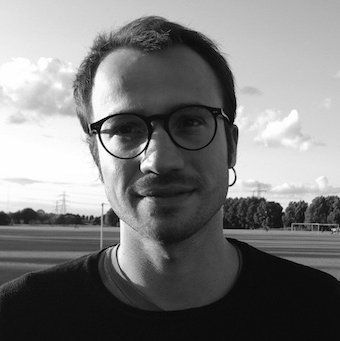
Dr. Baptiste Caramiaux is a CNRS researcher at the LRI. He holds a PhD in Computer Science from Pierre et Marie Curie Université. His research focuses on motor skills learning in music and dance, using methods from cognitive psychology, human-machine interaction, and artificial intelligence.
Raoul De Charette
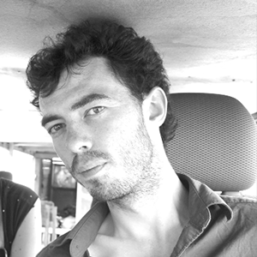
As a researcher in computer vision, Raoul de Charette is working in the computer vision group of RITS Team on autonomous vehicles in the research institute Inria Paris. His own researches include scene understanding, object reconstruction, vision in degraded weather, etc. He has also worked in Mines ParisTech (France), Carnegie Mellon University (USA) and University Of Makedonia (Greece).
Kosmas Dimitropoulos
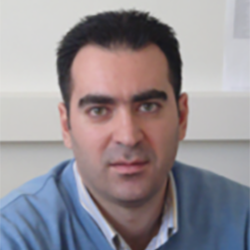
Dr. Kosmas Dimitropoulos is a senior researcher in the VCL lab (Visual Computing Lab) of the Information Technologies Institute – Centre for Research and Technology Hellas (ITI-CERTH). He holds a diploma in Electrical and Computer Engineering and a Ph.D. degree in Applied Informatics. His main research interests lie in the fields of 2D/3D data modelling and analysis, human computer interaction, virtual reality and serious games. His involvement with these research areas has led to the co-authoring of more than a hundred publications in refereed journals and international conference proceedings. He has received as a co-author in scientific papers: the IET ITS Premium Award (The IET Premium Awards 2012, London), the Euromed 2012 Best Full Paper Award and the CONTACT/ECCV 2014 Best Student Paper Award. He has been the technical coordinator, quality project manager, deputy project coordinator and work-package leader in several European and national research projects and he has served as a regular reviewer for a number of international journals and conferences. He is a member of IEEE and the Technical Chamber of Greece.
Anne Dubos
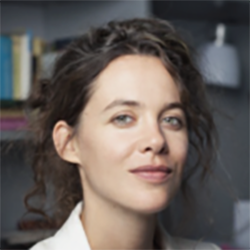
Anne Dubos is an anthropologist and trans-media artist. Her doctoral thesis (defended in January 2013 at EHESS, Paris) focuses on the logic of creation and transmission of the technical gesture in the practice of contemporary theaters in Kerala (South India). In Paris, like in India, she sets up theater and video workshops where the actor is an “agent”: he is both author and accomplice of the trace that he forms with his body in the space of the device. Today, she works on the design of devices for capturing technical gestures (video, audio, photo, sensors).
AKaterina El Raheb
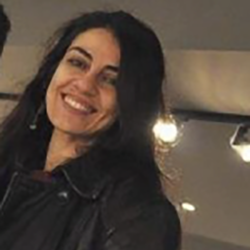
Dr. Katerina El Raheb is a senior researcher in Informatics, with interests in Human Computer Interaction, user-centered design, movement based interfaces, semantic representation, ontologies, applications for tangible and intangible Cultural Heritage and the intersection of Computing with Arts and Humanities. She holds a PhD from the Department of Informatics and Telecommunications at the National and Kapodistrian University of Athens (NKUA) on “Conceptual and Experiential Dance Languages: Representation and Interaction”, and an MSc. in Advanced Information Systems, from the same department. She completed her BSc. in Chemical Engineering at the National Technical University of Athens. In addition, she holds a Diploma from N. Kontaxaki Higher Professional Dance School and is an active dance practitioner. She joined MADgIK (Management of Data, Information and Knowledge) Research group in 2009, and works as a researcher and/or project manager in several EU funded projects related to Digital Libraries, Data Research Infrastructures and ICT for Cultural Heritage, Dance Education and Movement Analysis (DERC, WhoLoDancE, eCultValue,DL.org, e.nventory). Since 2013, she is a research collaborator of Athena Research Center. She has also collaborated as Information System consultant with a multinational industrial company (2003-2005). She is currently an adjunct lecturer at the Department of Performing and Digital Arts at the Fine Arts School – University of Peloponnese in Greece (2019-20). She has worked as a teaching assistant in “Human Computer Interaction” at the Department of Informatics and Telecommunications (2011-2016) and is a visiting lecturer in AIMove Post-Master’s Degree in Artificial Intelligence and Movement, delivered by MINES ParisTech, since 2018.
Frédéric Fol Leymarie

Prof. Frederic Fol Leymarie leads research in creative robotics at Goldsmiths, University of London, U.K. He was trained in computer vision, biomedical imagery, visual perception, applied mathematics, at Ecole Polytechnique of Montreal, McGill University (Centre for Intelligent Machines), Mathematical Morphology Centre (Ecole des Mines, Fontainebleau), Brown University (Division of Engineering). He has conducted research at the crossroads between: computer vision and graphics, visual perception, creative robotics, biomedical interactive visualisation (including the use of VR), gamification for science and education. He also has experience working in commercial contexts, in the field of Geographical Information Systems (with Thales, Paris), and with various startups and seed projects (in the USA and the UK). In the recent past he has established fruitful collaborations at the frontier of AI and robotics with a sculptor (USA based Brower Hatcher), a pioneer of evolutionary computer art (British artist and entrepreneur William Latham), a portrait draughtsman and painter (French artist Patrick Tresset), a media artist and developer (Portuguese Rui Felipe Antunes), an animator and dance annotator (British artist and educator Carol MacGillivray) and, in progress, a collaboration with a calligrapher (Italian graffiti artist and machine builder Daniel Berio).
Jules Francoise
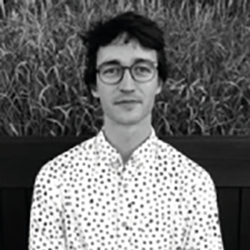
Mr. Jules Françoise is a CNRS researcher at LIMSI. He holds a PhD in computer science from Pierre et Marie Curie Université, and is a member of the steering committee of the MOCO conference (Movement & Computing). His research interests are concerned with movement Gesture-based & Whole-body Interaction and Expressive Movement.
Vasileios Syrris
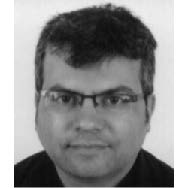
About Vasileios Syrris: »My professional experience of over 20 years now includes 15 years of specialization in the junction of data science, big data, artificial intelligence, high performance and scientific computing. Currently, I am working as a Big Data analyst, focusing on offering original insight applicable in the areas of business and science, by manipulating structured and unstructured big volumes of heterogeneous data for data discovery, mining and justifiable inference. I would characterize myself as a genuine knowledge seeker, authentic and accountable. A restless spirit, yet always adopting a down-to-Earth and pragmatic problem-solving approach. Repetitive patterns extracted during my work experience can be consolidated in the following lines: 1) “no one is left behind”, everyone has her own contribution to make and teamwork multiplies success; 2) “lead by example”, convince and legitimate your work and vision by acting consistently; and 3) “everything is in a constant flux (τὰ πάντα ῥεῖ καὶ οὐδὲν μένει)”, motion, diversity and change is the way to go for sustainable activities and risk reduction. »
Alina Glushkova

Dr. Alina Glushkova is a Research Engineer at Ecole Nationale Superieure des Mines de Paris. As part of her thesis she studied the use of gesture recognition technologies for know-how management, and more specifically the use of sensorimotor feedback as a game mechanism. She has thus worked on technology-enhanced learning , on the use of motion capture technologies for know-how preservation and transmission, as well as the design of intelligent workspace for better movement ergonomics.
Edgar Hemery

Edgar Hemery works in the field of music technology and human-computer interaction, where he has been developing musical interfaces and installations for the past 7 years. Previous experiences, both in the music industry and academic research (University of Edinburgh, IRCAM, Mines ParisTech) has lead him to specialize in the design of musical interactions, based on gesture recognition. He has recently finished his PhD thesis at Mines ParisTech, where he imagined the Embodme project.
Vasileios Charisis
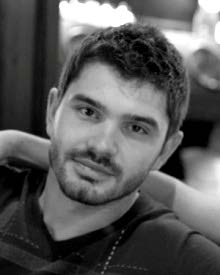
Vasileios S. Charisis was born in Thessaloniki, Greece in 1985. He received the Diploma degree in Electrical and Computer Engineering in 2008 and the Ph.D. degree in Electrical and Computer Engineering in 2015, both from the Aristotle University of Thessaloniki (AUTH). Currently, he is a researcher at the Signal Processing and Biomedical Technology Unit of the Telecommunications Laboratory at the Department of Electrical and Computer Engineering, AUTH. His research interests focus on advanced signal and image processing techniques, biomedical engineering, pattern recognition on medical images and human-machine interfaces, while his non-academic activities entail iOS and Programmable Logic Controller application development. Alongside his postgraduate studies, in 2005 he worked for the Public Power Corporation S.A., in 2007 for the Automation Department of Ghent University and from 2007 until 2008 for the Hellenic Telecommunications Organization. From 2010 until 2014 he has worked as a teaching assistant at the Department of Electrical and Computer Engineering, AUTH and the Departments of Informatics Engineering and Civil-Surveying Engineering and Geoinformatics, Technological Educational Institute of Central Macedonia, Greece. From 2013 until now, he has participated in one European and two national research projects and he has coauthored a successful HORIZON2020 research project proposal. Currently, he is working for the « i-Treasures » (FP7-ICT-2011-9-600676) research project and he is a member of the coordinating team of the HORIZON2020 « i-PROGNOSIS » research project. Since 2009, he has authored a book chapter and more than 14 publications in various national and international peer-reviewed journals and conferences. Dr. Charisis, in 2003 and 2012 received an honorary distinction of academic excellence by the Technical Chamber of Greece, in 2003, 2004 and 2005 received a scholarship of academic merit by the Institution of State Scholarships and in 2009 received a 3-year scholarship for doctoral studies by Leventis Foundation.
Jean François Jego
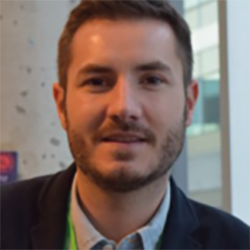
Jean-François Jégo is associate professor at the Arts & Technologies de l’Image department of the Faculty of Arts at the Université Paris 8 in France. He is also digital artist and researcher at the INReV Virtual Reality Laboratory where he creates immersive and interactive experiences, art installations and digital performances hybridizing Virtual and Augmented Reality.
Sotiris Manitsaris
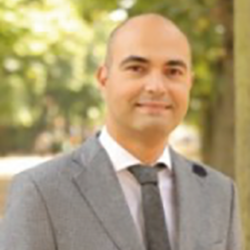
Dr. Sotiris Manitsaris is a Senior Researcher and Research Project Leader at the Center for Robotics of MINES ParisTech, PSL Research University. Through his studies in Applied Mathematics (Diploma), Territorial Dynamics for Local Development (Master) and Computer Vision (PhD Thesis), he has developed skills in gesture recognition of professional and artistic backgrounds. Dr.Manitsaris specializes in capturing, modelling and recognizing gestural behaviours and embodiment, having applications in various fields such as the transmission of intangible cultural heritage, human-robot collaboration, interactive machine learning, etc. He currently coordinates a number of research projects around the topics of gesture recognition for Cultural and Creative Industries and the Automobile Industry. In addition, he is responsible for the course “Gesture and Artificial Intelligence” at MINES ParisTech.
Vincent Meyrueis

Vincent Meyrueis is an associate professor at the Image Arts and Technology department of Paris 8 University. He is conducting research by developing tools and methods for industrial design and creation using virtual reality and motion capture focusing on new interactive creative technology. He joined in 2015 the INREV research team at the AI-AC Laboratory of Paris 8 University.
Fabien Moutarde

Fabien Moutarde is professor of AI for Robotics at MINES ParisTech, where he teaches (as well as at SJTU-ParisTech-Shanghai) the algorithms of statistical learning. His research has been focused for more than 10 years on AI and machine-learning applications for autonomous vehicles, driving aids, and Intelligent Transport Systems, as well as mobile robotics and collaborative robots. Most of his work has been conducted in collaboration with industry R & D departments, including Valeo and PSA in the automotive industry, as well as Aldebaran / SoftBank-Robotics Europe, which designs and manufactures humanoid robots.
Simon Tamayo
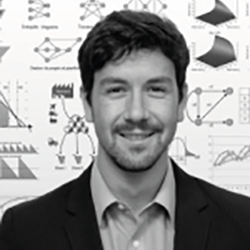
Mr. Simon TAMAYO is associate professor at MINES ParisTech. His research interests include industrial optimization, data mining and applications of artificial intelligence in industry. He is responsible for the courses “operations research applied to industrial management”, “SAP ERP systems” and “stochastic methods applied to logistics”. He is an expert in decision support and optimization systems, applied to the planning and organization of industrial and logistics systems. He is author of the book “Operational Research Applied to Industrial Management” (ISBN 978-1530248728). He is fluent in English, Spanish and Italian.
Yves Winkin
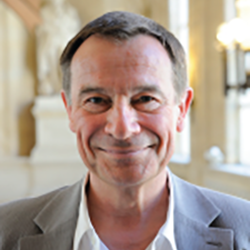
Yves Winkin is a professor-researcher of Belgian nationality, who has contributed to introducing into the French-speaking world several currents of ideas of the American human and social sciences, which he has integrated into an “anthropology of communication”, methodologically based on a ethnographic approach. Professor at the University of Liège, then at the Ecole Normale Supérieure de Lyon, he is now Professor at the National Conservatory of Arts and Crafts, Director Delegate for Scientific and Technical Culture, Director of the Museum of Arts and Crafts.
Mihalis Kritikos
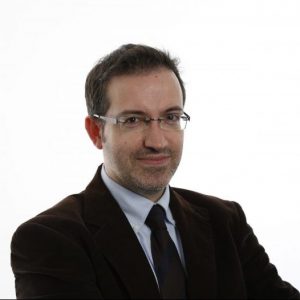
Dr Mihalis Kritikos is a Policy Analyst at the European Parliament working as a legal/ethics advisor on Science and Technology issues (STOA/EPRS) and Fellow of the Law Science Technology & Society Programme of the University of Brussels (VUB-LSTS). Mihalis is a legal expert in the fields of EU decision-making, legal backcasting, food/environmental law, the responsible governance of science and innovation and the regulatory control of new and emerging risks. He has worked as a Research Programme Manager for the Ethics Review Service of the European Commission, as a Senior Associate in the EU Regulatory and Environment Affairs Department of White and Case (Brussels office), as a Lecturer at several UK Universities and as a Lecturer/Project Leader at the European Institute of Public Administration (EIPA). He also taught EU Law and Institutions for several years at the London School of Economics and Political Science (LSE). Dr Kritikos holds a Bachelor in Law (Athens Law School), Master degrees in European and International Environmental Law and Environmental Management (University of Athens and EAEME respectively) and a PhD in European Risk Regulation (London School of Economics-LSE). In 2008 he won the UACES Prize for the Best Thesis in European Studies in Europe.
Prénom Nom

Atque, ut Tullius ait, ut etiam ferae fame monitae plerumque ad eum locum ubi aliquando pastae sunt revertuntur, ita homines instar turbinis degressi montibus impeditis et arduis loca petivere mari confinia, per quae viis latebrosis sese convallibusque occultantes cum appeterent noctes luna etiam tum cornuta ideoque nondum solido splendore fulgente nauticos observabant quos cum in somnum sentirent effusos per ancoralia, quadrupedo gradu repentes seseque suspensis passibus iniectantes in scaphas eisdem sensim nihil opinantibus adsistebant et incendente aviditate saevitiam ne cedentium quidem ulli parcendo obtruncatis omnibus merces opimas velut viles nullis repugnantibus avertebant. haecque non diu sunt perpetrata.
Prénom Nom

Atque, ut Tullius ait, ut etiam ferae fame monitae plerumque ad eum locum ubi aliquando pastae sunt revertuntur, ita homines instar turbinis degressi montibus impeditis et arduis loca petivere mari confinia, per quae viis latebrosis sese convallibusque occultantes cum appeterent noctes luna etiam tum cornuta ideoque nondum solido splendore fulgente nauticos observabant quos cum in somnum sentirent effusos per ancoralia, quadrupedo gradu repentes seseque suspensis passibus iniectantes in scaphas eisdem sensim nihil opinantibus adsistebant et incendente aviditate saevitiam ne cedentium quidem ulli parcendo obtruncatis omnibus merces opimas velut viles nullis repugnantibus avertebant. haecque non diu sunt perpetrata.
Prénom Nom

Atque, ut Tullius ait, ut etiam ferae fame monitae plerumque ad eum locum ubi aliquando pastae sunt revertuntur, ita homines instar turbinis degressi montibus impeditis et arduis loca petivere mari confinia, per quae viis latebrosis sese convallibusque occultantes cum appeterent noctes luna etiam tum cornuta ideoque nondum solido splendore fulgente nauticos observabant quos cum in somnum sentirent effusos per ancoralia, quadrupedo gradu repentes seseque suspensis passibus iniectantes in scaphas eisdem sensim nihil opinantibus adsistebant et incendente aviditate saevitiam ne cedentium quidem ulli parcendo obtruncatis omnibus merces opimas velut viles nullis repugnantibus avertebant. haecque non diu sunt perpetrata.
About AIMove
Why choose AIMove
Overview & Objectives
Course Information
Modules and courses
Faculty members
Think-Tank
Summer School
Admissions
Apply
Tuition fees
Ecosystem
Become a partner
GAIIA
AIMove partners
Events
Reach us
Contact by email
